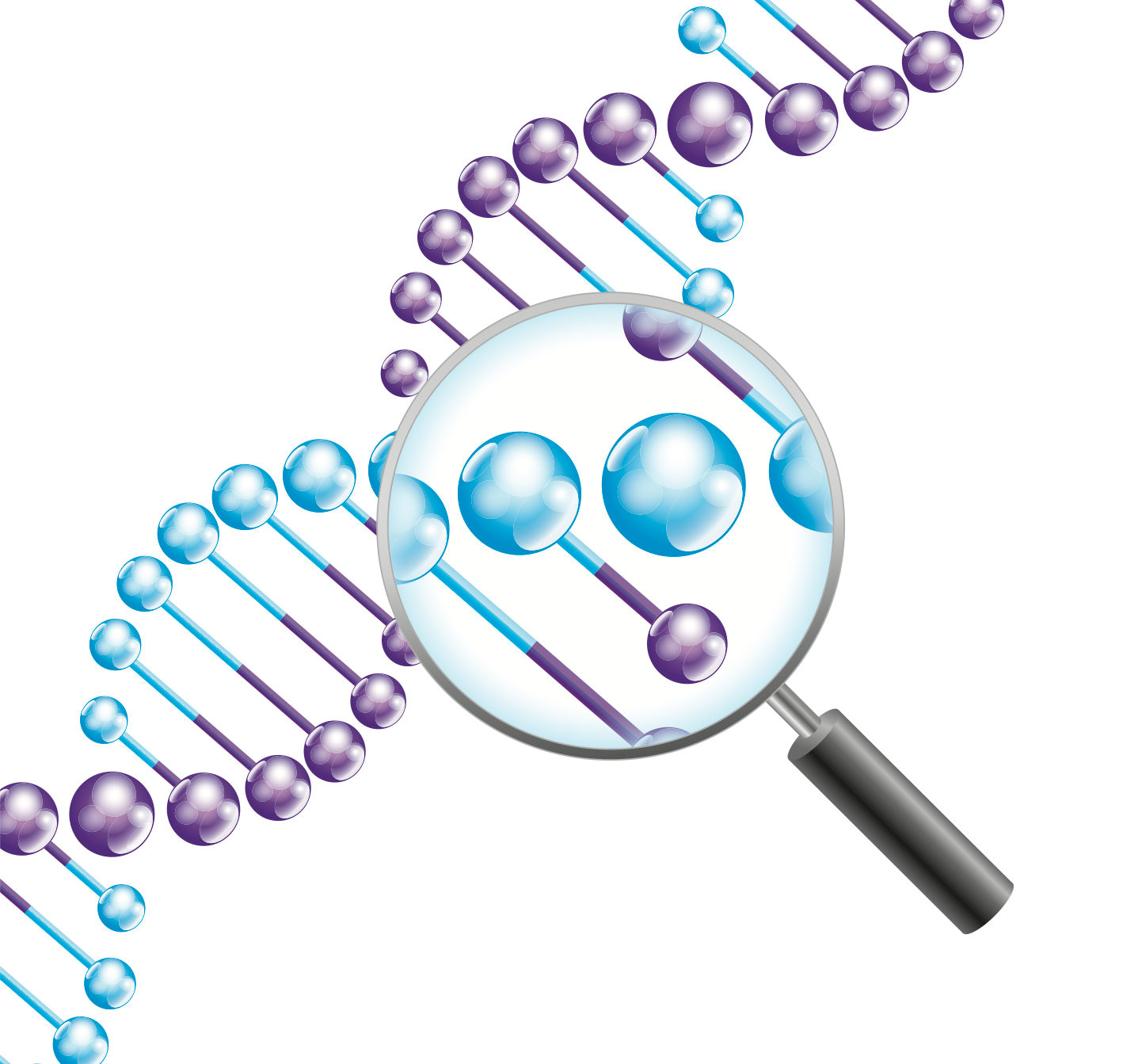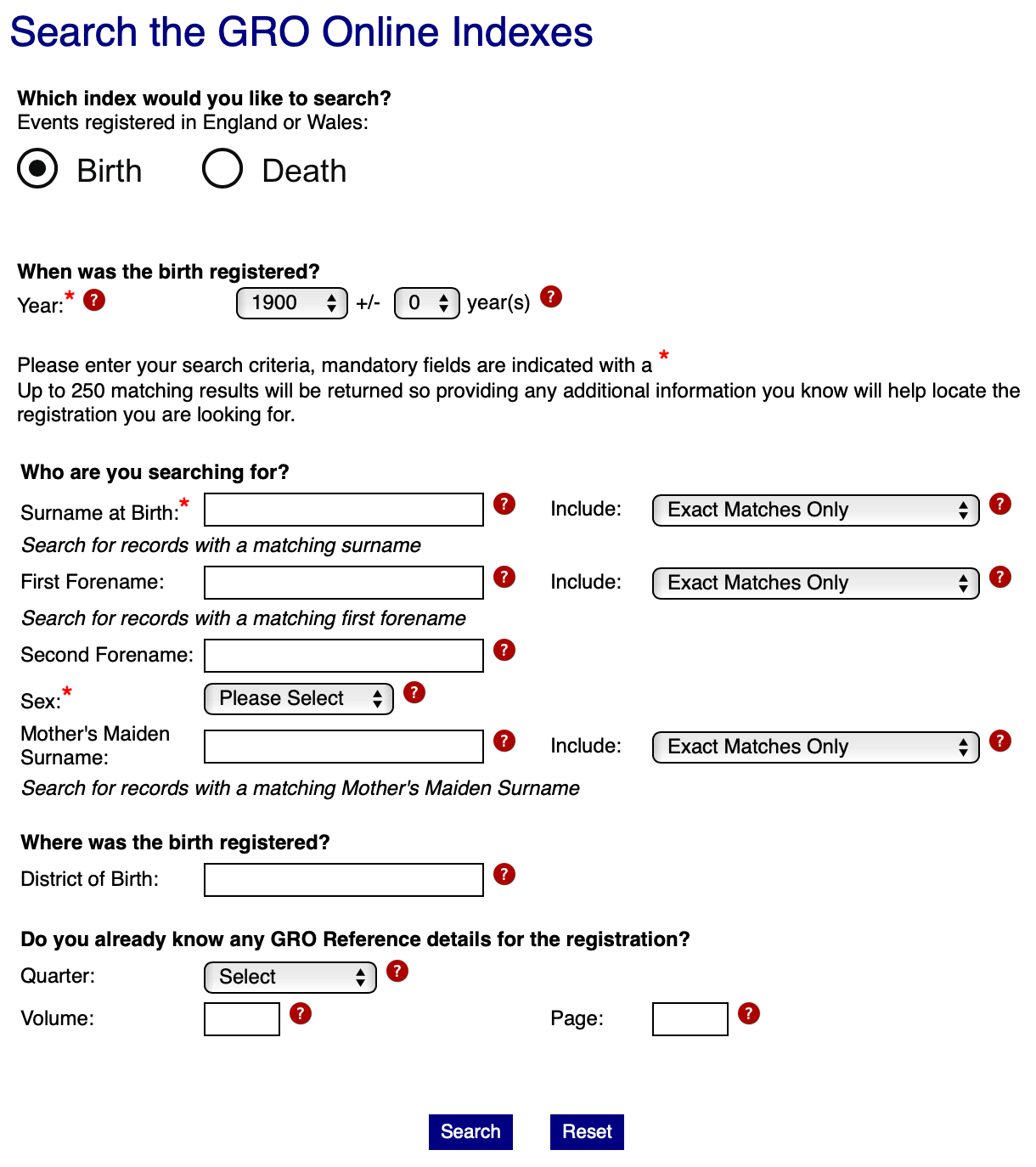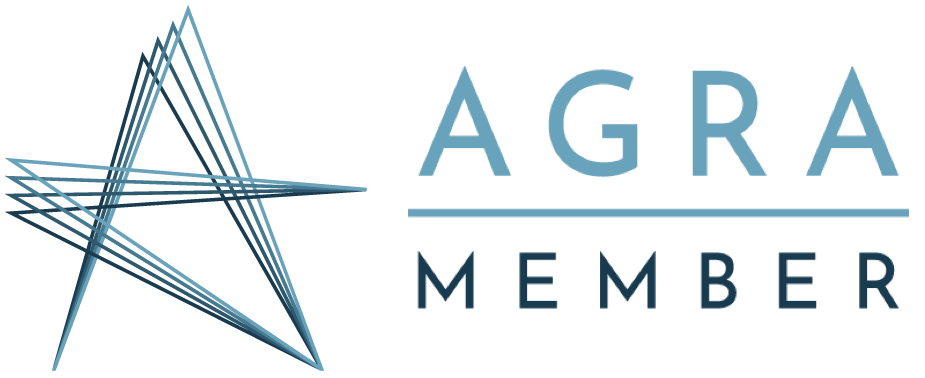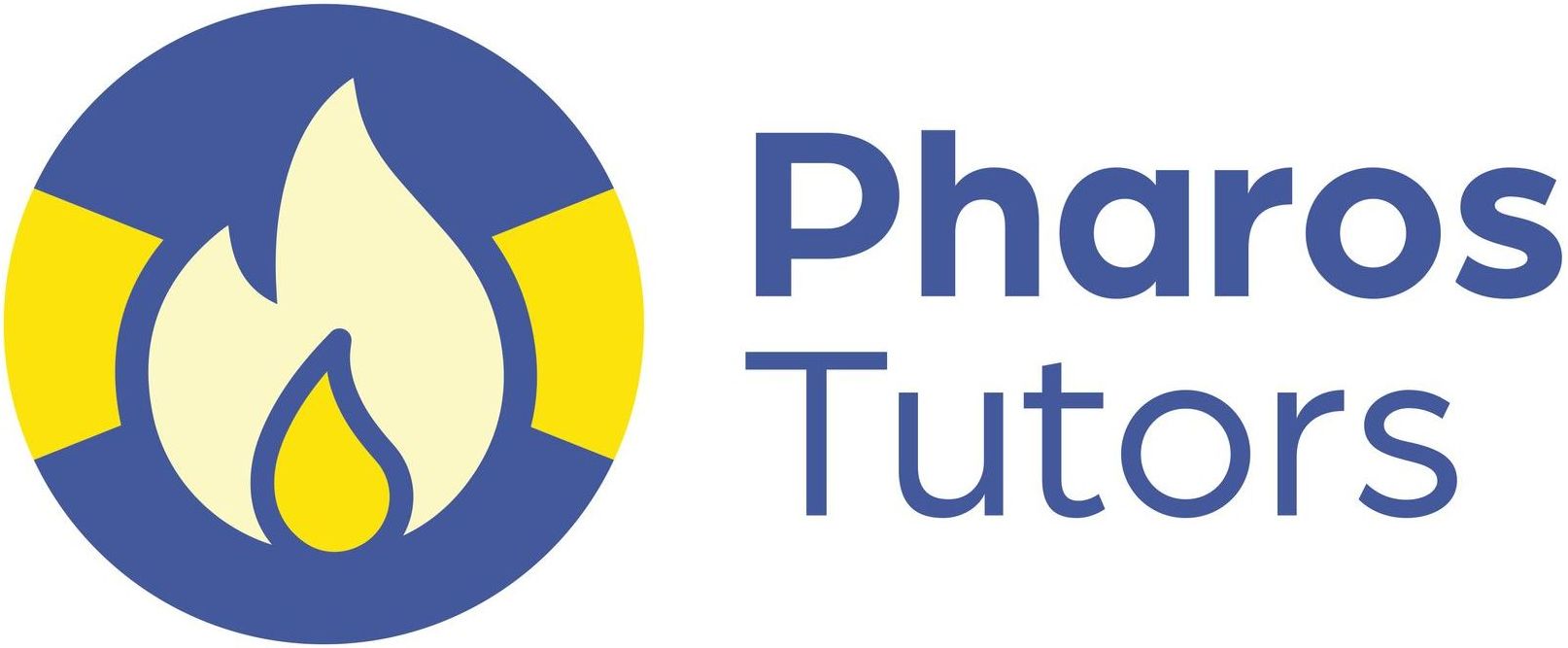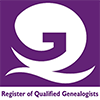How to Become a Professional Genealogist
Today is a day of celebration for me: eight years ago today I started up in business as a professional genealogist. This has been an incredible eight years, filled with the most amazing opportunities. I am now in the fortunate position of regularly being fully booked with genealogy research work, have spent time on the Association of Genealogists and Researchers in Archives (AGRA) Council and Board of Assessors, am a Tutor for both the Institute of Heraldic and Genealogical Studies (IHGS) and Pharos and run courses at the Society of Genealogists. I have also met some of the most amazing people and gained some fabulous friends. Do you know what else? I love this job! I’m often asked whether it as as much fun researching other people’s families as it is my own, YES! The “thrill of the chase” never goes away.
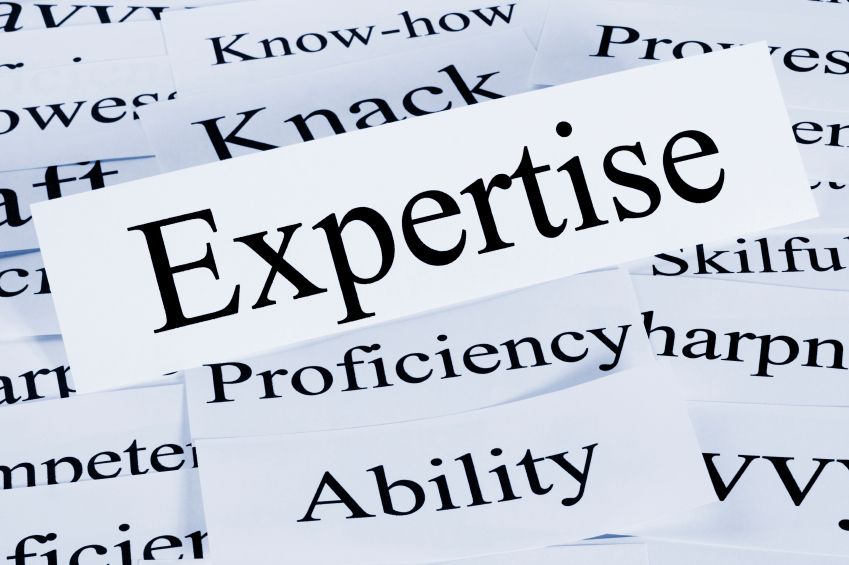
Are you thinking about starting up as a professional genealogist yourself? As it’s been 8 years for me here are my 8 top tips on how to be a (good) professional genealogist:
Be honest
Be honest with yourself about what you know and what you don’t. I guarantee you don’t know everything yet. Do you have enough knowledge and experience to begin working for others yet or do you need to learn more about genealogy sources first?
Be ethical
Don’t take on jobs that you don’t have the knowledge or experience for, stick with work that is focused on the simple sources to start with until you learn more. If you need to look at something new take time out in your own time to build your knowledge.
When you make suggestions for further work possibilities be honest, if there is only a slim chance you will find anything over a ten hour search, say so.
Be patient
You’ve printed off your business cards and your website has gone live. Surely now the queue of paying customers will begin to form? The harsh reality is no, it does take time and it takes longer than you think it might. Be patient and don’t give up!
Talk to others
Genealogists are a nice bunch of people! Get in touch and say “hi” to those in your area. Ask for advice. They may even offer you some work.
Take a course
We all have something to learn, a new case will still often bring something new for me, but do you need qualifications to be a professional genealogist? The long serving stalwart of genealogy will tell you “I’ve been doing this 25 years and I’ve never needed to go and get a qualification”, the qualified genealogist may tell you “how can you work as a professional without qualifications?”
In my opinion both are true: after all, there are many very good professional genealogists with no genealogy qualifications but lots and lots of experience on the job. There are also some genealogists with qualifications who may know a lot about genealogical sources but don’t have the skills to cut it doing professional work.
Let me ask you a question though: you decide to start up in business but you are not alone. There are more and more aspiring professional genealogists, after the surge of TV programmes like Who Do You Think You Are? and Heir Hunters. How do you stand apart from the rest? The best way is to be the best you can from the outset. Yes you can wait 25 years to gain all that experience but focussed learning will give you the much needed in depth knowledge more quickly as you work on real life cases and gain experience at the same time.
There’s some useful information on the formal courses available from AGRA, the Association of Genealogists and Researchers in Archives:
Which course for genealogists?
If financial commitment is a worry, start small. There are shorter courses available from IHGS, Pharos, the SoG and Strathclyde University or you could begin with talks from your local Family History Society.
Aim for accreditation
This is a huge area of passion for me. Why? Working at the highest standards is all about providing the best possible service to your clients. How do clients know that the nicely polished family tree a “professional” has produced is not in fact riddled with errors? Organisations such as AGRA (ASGRA in Scotland, AGI in Ireland) only grant full membership after assessment of examples of your professional work.
Much has been written on this recently by Paul Gorry, a professional genealogist and member of AGI, in his book Credentials for Genealogists. In fact this book has been causing something of a stir on social media, on both sides of the Atlantic. Should professional genealogists be accredited and what constitutes accreditation? It is the latter point that Paul has perhaps caused the most controversy with, blending factual information from many professional organisations and societies with forthright opinion. Not for the easily offended, I have to say I do agree with a lot of what’s in this book and its underlying messages: in order to protect our clients from the unscrupulous and the “just not ready” for professional work we must make efforts to rubber stamp our work.
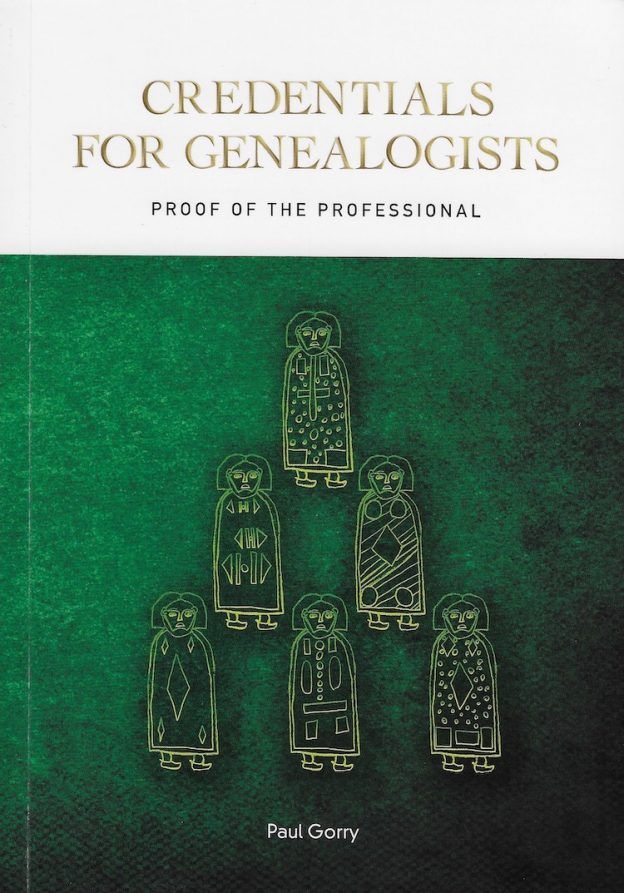
Focus
It is easy to get distracted when working on your own research but you cannot do that when you are getting paid. Self-discipline and clear research plans are essential.
Giving it away for free
We do this job because we love it and it is so easy to go over the time we have been paid for to do a good job. I’ve been guilty of that myself. However, this is business and don’t forget: if you do twenty hours instead of the paid ten this time, your client will expect the same amount of work for the same money next time!
Taking it further
If you are interesting in becoming a professional genealogist and want to know more, the latest dates for my Pharos Professional Genealogist – Become One Become a Better Onecourse are now available HERE. This is a four week distance learning course and covers everything from starting up in business, setting rates and marketing to dealing with client commissions and report writing.




